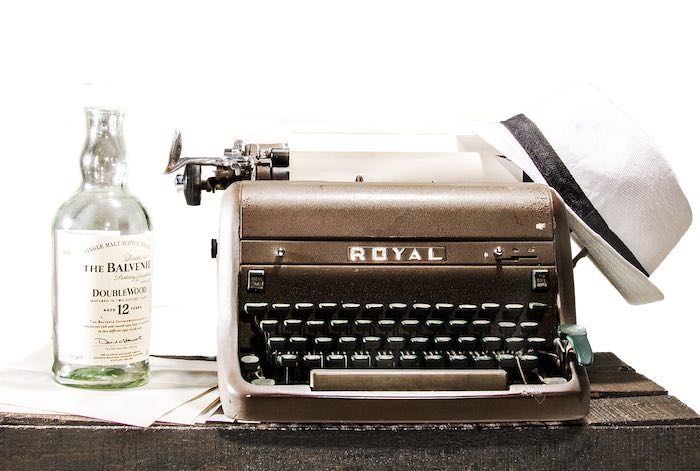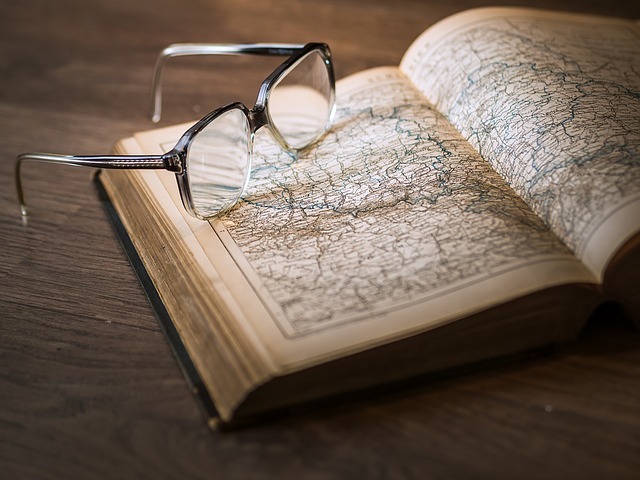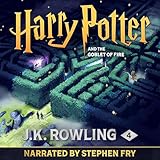So You Want To Become An Audiobook Publisher
While financial barriers to entry into print and ebook publishing have decreased significantly in recent years, starting up as an audiobook publisher still carries some significant costs.

As the industry moves toward digital distribution, many of the costs of producing tapes or CDs are disappearing, but the costs of licensing a work and hiring voice talent are still present, and skimping on either is not a good way to start a successful brand.
But, to the point. You want to start an audiobook publishing company.
First, you need a book to record.
You can begin with a book in the public domain, or find a book from a small publisher or self-publisher that is worthy of an audio version and purchase the audio rights. If a book has done very well as an independently published ebook or print book, it is also a good candidate for audio publishing.
If you are an author or a publisher who already has rights to an existing title, you will have less difficulty in this area than someone who is starting with no intellectual property assets, since you can begin with a book you already have the rights to.
Once you’ve decided on a book, you’ll need to find voice talent.
You can find many good, experienced narrators on the Internet. Their websites will often let you sample a range of their work.
This is an important step. You must know what sort of voice best suits the work you are going to record, and choose the best match.
If you choose to hire a voice actor with less experience in audiobook narration, you may need to also employ a director to ensure that the full flavor of the book comes through in the narration.
Long books inevitably are going to be more expensive to narrate than short books.
If you find that your budget is not going to accommodate the full length of the book you want to publish, you may need to work with the author and an editor to create an abridged version of a suitable size.
Although this all seems quite complex and difficult, it is possible to start a successful audiobook publishing company today. Given the barriers, the field is not so crowded as ebook publishing, and given the explosion of indie publishing in the last few years, the number of great books waiting to be recorded is nearly unlimited.
Read These Next
Beginning and Ending Your Story
Elinor Glyn, in the early half of the 20th century, considered the "world’s greatest writer of love stories." Over the course of her writing career she published 31 novels and had 9 movies made from her work. She was criticized rather frequently by the literary press, as are many popular writers today. In 1922, The Author’s Press put out a four volume course written by Glyn on how to write novels, stories and screen plays. This is an excerpt from the second volume.
When Characters are Real
If you are the absolute master of all your characters, you can be sure they are not real. If, however, they surprise you now and then, you might just have the real thing.
Writing A Local History
Writing a local history can be a wise route for writers who wish to begin or expand their careers into a more scholarly non-fiction path. Whether the work is an article for a local publication, or a full book written for the community and beyond, local stories come with a built-in market eager to read material about the places around them and the people that used and inhabited those sites over time.







 The Guide to Publishing Audiobooks: How to Produce and Sell an Audiobook
The Guide to Publishing Audiobooks: How to Produce and Sell an Audiobook Harry Potter and the Philosopher's Stone (Narrated by Stephen Fry)
Harry Potter and the Philosopher's Stone (Narrated by Stephen Fry) Harry Potter and the Chamber of Secrets (Narrated by Stephen Fry)
Harry Potter and the Chamber of Secrets (Narrated by Stephen Fry) Harry Potter and the Deathly Hallows (Narrated by Stephen Fry)
Harry Potter and the Deathly Hallows (Narrated by Stephen Fry) Harry Potter and the Prisoner of Azkaban (Narrated by Stephen Fry)
Harry Potter and the Prisoner of Azkaban (Narrated by Stephen Fry) Harry Potter and the Half-Blood Prince (Narrated by Stephen Fry)
Harry Potter and the Half-Blood Prince (Narrated by Stephen Fry) Harry Potter and the Goblet of Fire (Narrated by Stephen Fry)
Harry Potter and the Goblet of Fire (Narrated by Stephen Fry) Harry Potter and the Order of the Phoenix (Narrated by Stephen Fry)
Harry Potter and the Order of the Phoenix (Narrated by Stephen Fry) Self-Publishing Simplified: How to Publish a Book on Amazon KDP for Beginners
Self-Publishing Simplified: How to Publish a Book on Amazon KDP for Beginners My Inventions: The Autobiography of Nikola Tesla
My Inventions: The Autobiography of Nikola Tesla